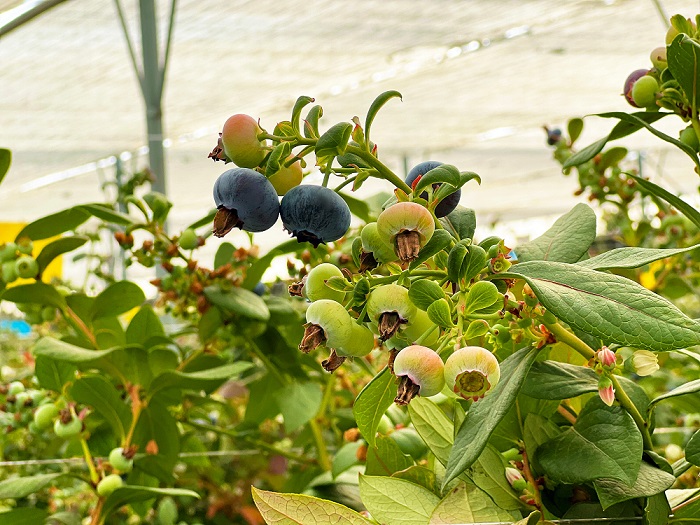Elite Agro set to increase production of local food
- July 23, 2022
- FMCG HORECA BUSINESS

Elite Agro (EAG), a top producer and distributor of fresh produce in the United Arab Emirates, is boosting its supply of locally-grown fruits and vegetables to enhance national food security and reduce its carbon imprint on the market.
Currently, only 20% of fruits and vegetables eaten in the UAE are produced locally1; the remainder are imported from other countries. The total 2019 domestic output of crops, fruits, and vegetables in Abu Dhabi and Dubai was 523,297 tonnes, according to the Abu Dhabi Statistics Centre and Dubai Statistics Centre.
Before they can reach shop shelves in the UAE, fruits and vegetables from across the globe must be preserved for days and endure long transit. This results in diminished freshness and an increased carbon impact.
By growing and distributing fresh food locally, EAG avoided 13,258 tonnes of carbon emissions compared to tomato imports from Holland and Spain through airfreight. It also avoided 1,501 tonnes of carbon emissions for equal airfreight imports of blueberries from the United States and is expected to reduce at least 425 tonnes of carbon emissions this year for equivalent sea freight imports of potatoes from Egypt.
In accordance with the 2018 National Food Security Strategy, the UAE’s agriculture sector has progressively increased its contribution to the domestic market in recent years. The epidemic has generated enormous impetus for local production, increased the number of health-conscious customers in search of fresh food, and boosted awareness about climate change and sustainability.
Dr. Abdulmonem Almarzooqi, divisional chief executive officer of Elite Agro, stated, “With the rising demand for locally-produced food, along with the increasing health consciousness of consumers and the adoption of new technologies to optimise production, we anticipate the market to continue its steady growth in the coming years.”
The UAE Cabinet authorised a nationwide sustainabl0e agricultural system in 2020. This involves raising the self-sufficiency of the selected agricultural crops by 5 percent and enhancing the efficiency of farms. In addition, it seeks to cut the quantity of water used for irrigation by 15 percent annually1 and promote the widespread use of sustainable agri-technology.
“We are happy to contribute to the nation’s food security via our farms’ local production. Dr. Abdulmonem Al Marzooqi said that this plays a significant part in limiting the effects of global warming, not just via sustainable agricultural practises, but also by decreasing the carbon footprint of the logistics involved in transporting fresh fruit to store shelves.
In 2013, EAG farms in the UAE provided the local market with 17,447 tonnes of fruits and vegetables. As the biggest potato grower and the only blueberry producer in the UAE, in addition to a broad variety of other crops, the company’s objective is to strengthen the resilience of the UAE’s agricultural economy, deliver high-quality fresh product, and lower its carbon impact.
In its farms in the United Arab Emirates, EAG employs a mix of eco-friendly, sustainable, and modern agricultural techniques and practises to minimise the use of natural resources and maximise crop productivity. These include completely automated ways from planting through harvesting, enhanced adaptive irrigation, integrated pest control, and harvest management.
In the deserts of the UAE, EAG operates four farms that provide local shops with a variety of fruits, vegetables, and crops. While most varieties of food are cultivated in greenhouses, EAG employs cutting-edge evaporative cooler technology to minimise energy use and greenhouse gas emissions.\In addition to reduced cooling and storage times, the firm can provide product with a longer shelf life. Through this strategy, EAG is contributing to the UAE’s food security by offering more sustainable, inexpensive, and fresh local vegetables.



